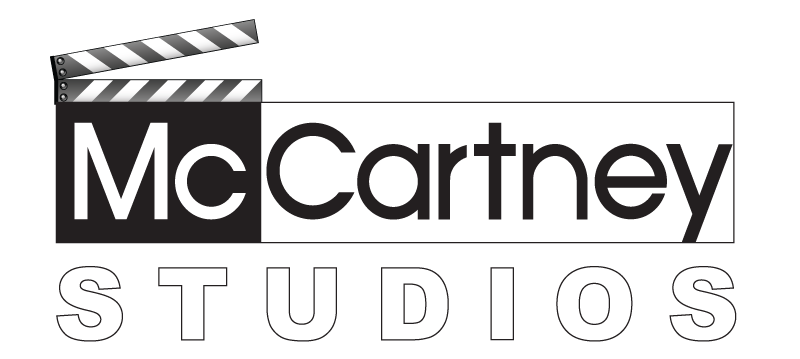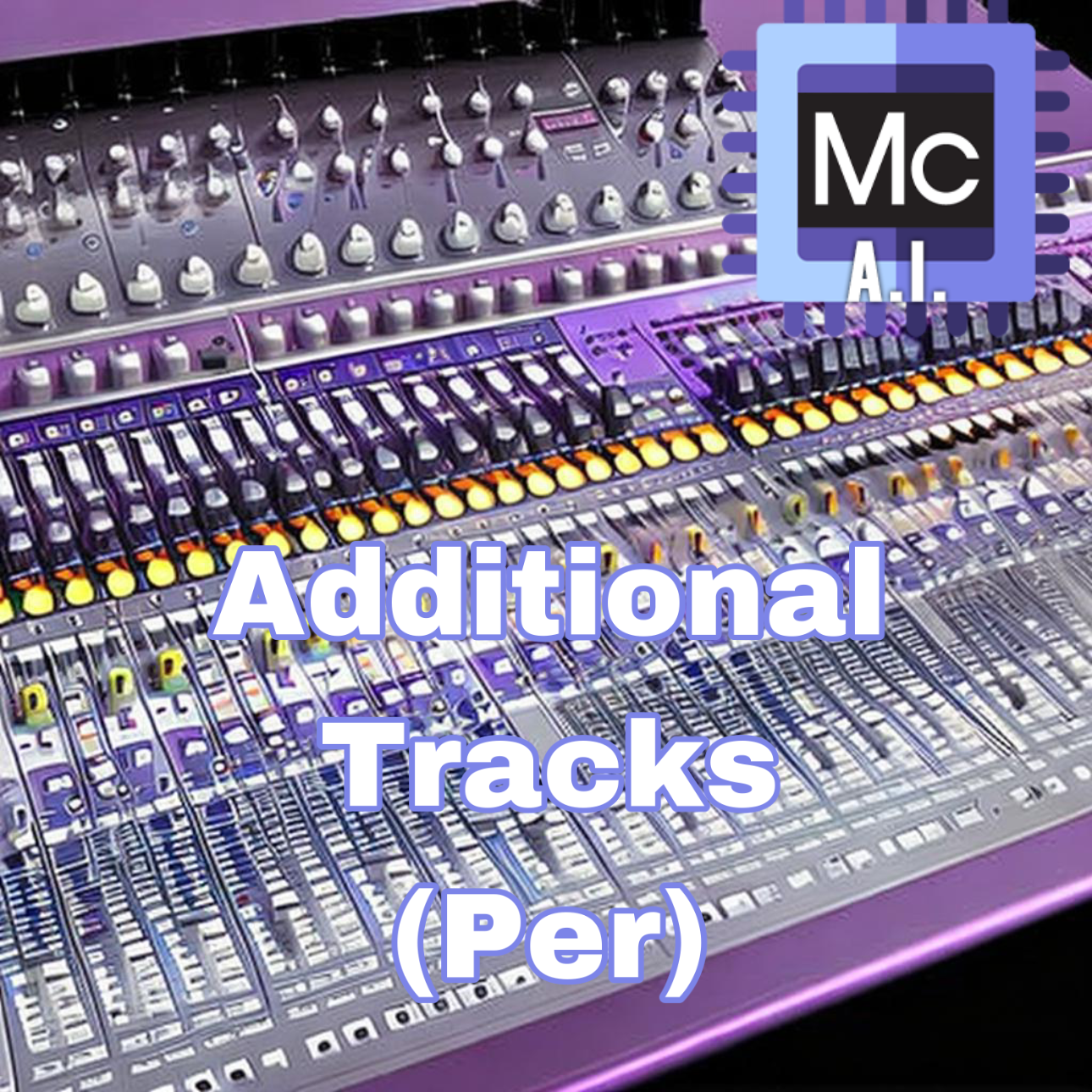McCartney Mastering
At McCartney Studios, we have very specific tools for music and voice mastering. We like to call it: ‘Make your music Radio Friendly.’
Below are some examples of music projects where you can hear the ‘Before’ and ‘After’ versions of the original and mastered audio.
Mastering is the final stage of audio production—the process of putting the finishing touches on a song by enhancing the overall sound, creating consistency across the album, and preparing it for distribution. Mastering a song involves taking a mix and putting the final touches on it by elevating certain sonic characteristics. This can involve aspects like adjusting levels, applying stereo enhancement, and monitoring for clicks and pops–anything that could distract the listener from the music. The end result is a polished, clean sound that is optimized for consistent playback across different formats and systems.
BEFORE (Original) AFTER (Mastered)
How does it work?
YOUR WORK DESERVES THE BEST AUDIO QUALITY!
You send us your track via WeTransfer, Dropbox or other sharing services. We download it, run it through our mastering suite and send it back to you for final approval. It’s as simple as that.
We charge USD $199 for your first track, once you have purchased that product, each additional track is only USD $99.
To ensure the best quality of mastering, your audio source file should be at least 44khz/16bit in .wav format. MP3’s are not recommended. Double check that the mixes you’re mastering are in lossless full-resolution quality—WAV format in the mix session’s native sample rate with the bit depth at least 24-bit or 32-bit float is recommended. Avoid mastering mixes in lossy formats such as MP3s at any cost.
Request for Metadata (artist name, song/album name, track listing)
Having the metadata right at the beginning of the mastering stage helps maintain a smooth-flowing mastering session, especially when mastering a full-length album.
Knowing the track listing beforehand is crucial in ensuring a cohesive musical flow from beginning to end. Proper metadata also ensures accurate documentation of the files/session on your end, thus avoiding any potential problems with archiving.
Why do I need Mastering?
Mastering makes the sound cohesive across the record and prepares the music for different distribution formats, such as Vinyl, MP3/AAC, streaming services such as Spotify, and broadcast. In today’s world, mastering is necessary to create that “finished” sound that you hear everyday in everything from television commercials to radio and the internet.
Let’s get mastered!




